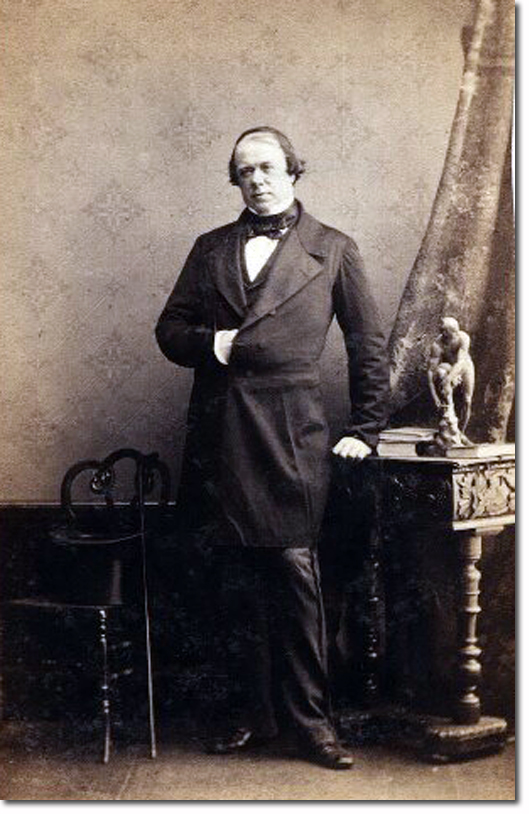|
|


|
| Sir (Samuel) George Bonham had Oriental experience from Singapore when he was appointed Governor of Hong Kong and her majesty's plenipotentiary and superintendent of trade in China on 20th March 1848 by Palmerston.
He had actually inherited many of the same issues and problems that had plagued Sir John Francis Davis over access to Canton and a powerful coterie of traders with powerful friends and influence. Although Davis had indeed reached an agreement with the imperial commissioner at Canton, Qiying, for the British to be given admittance to Canton in 1849 this would prove to be short lived. The amiable Qiying was himself replaced in 1848 by the ferociously anti-foreign Xu Guangjin, who rebuffed Bonham's attempts to negotiate more terms for British entry to the crucial port. The Whig government was unwilling to force the issue at this time, and Palmerston's instructions to Bonham was to let the matter stand in abeyance for the time being. This only encouraged the Chinese stance who believed that they were now in the ascendency on this matter. In Hong Kong itself Bonham's governorship met with mixed reviews. The German missionary and official Ernst Johann Eitel (1838–1908) considered him a 'model Governor, the first really popular and successful one of the Colony's rulers'. However, even he recognized that there were those in the Hong Kong community who viewed him as 'a useless governor, purely ornamental, highly decorated and extravagantly paid'. His relationships with his subordinates were seldom easy, as he had a tendency to be overbearing. Relations with Rutherford Alcock and his own eventual successor, John Bowring, then consul in Canton, were particularly tense. In 1851 he was made a KCB for his services in China, and the following year was created a baronet. In April 1853 he led the first foreign mission to meet the Taiping insurgents, securing from them rights for foreigners to enter their territory and trade there; he recommended that the British government maintain a position of neutrality towards the rebels, rather than support the Manchu government, as was being urged in some quarters. Bonham retired from his duties on 12 April 1854 and returned to England. Image Courtesy of National Portrait Gallery |
Hong Kong | Governors of Hong Kong
Armed Forces | Art and Culture | Articles | Biographies | Colonies | Discussion | Glossary | Home | Library | Links | Map Room | Sources and Media | Science and Technology | Search | Student Zone | Timelines | TV & Film | Wargames